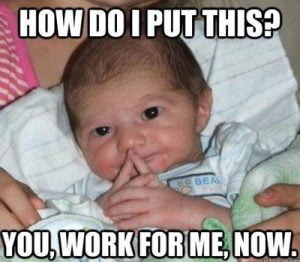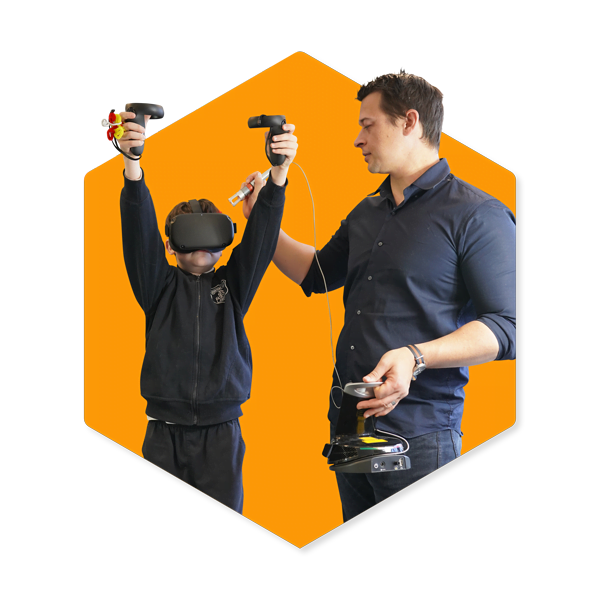SCREENS – they are everywhere! Computer screens, TV screens, tablet screens, phone screens; everywhere you look there is a bright flashing light staring right back at you. With the rise of technology, the hot topic that everyone wants answers to is what effect does screen time have on your child’s brain?

Excessive screen time effects the growing brain in a number of ways through its influence on sleeping patterns, the visual processing system, and the vestibular system. The American Academy of Paediatrics states that “paediatricians should urge parents to avoid television (or other media) viewing for children under the age of two years.” Children between 2 and 5 should be limited to “no more than 1 hour per day.”
Ever wonder why your child has trouble focusing on most things but seems super-focused when it comes to TV or iPad time? This is because the light emitted from most devices boosts attention and alertness, and suppresses melatonin (the hormone which regulates your circadian rhythm and helps make you sleepy). Because a child’s brain is still developing, they have to focus super hard to process the fast-changing visual information from screens. When the screen switches off, their brain remains in a state of hyperactivity, making it hard to re-adjust to the normal pace of life which means they will be bouncing off the walls in an attempt to replicate the fast-changing stimuli they were experiencing. This effect, along with the suppression of melatonin, makes for a super hyperactive and moody child who will struggle to sleep at night!
If this is one of the many struggles you are dealing with as a parent, click here and find out how we can help through movement based exercises to help calm down your child!


